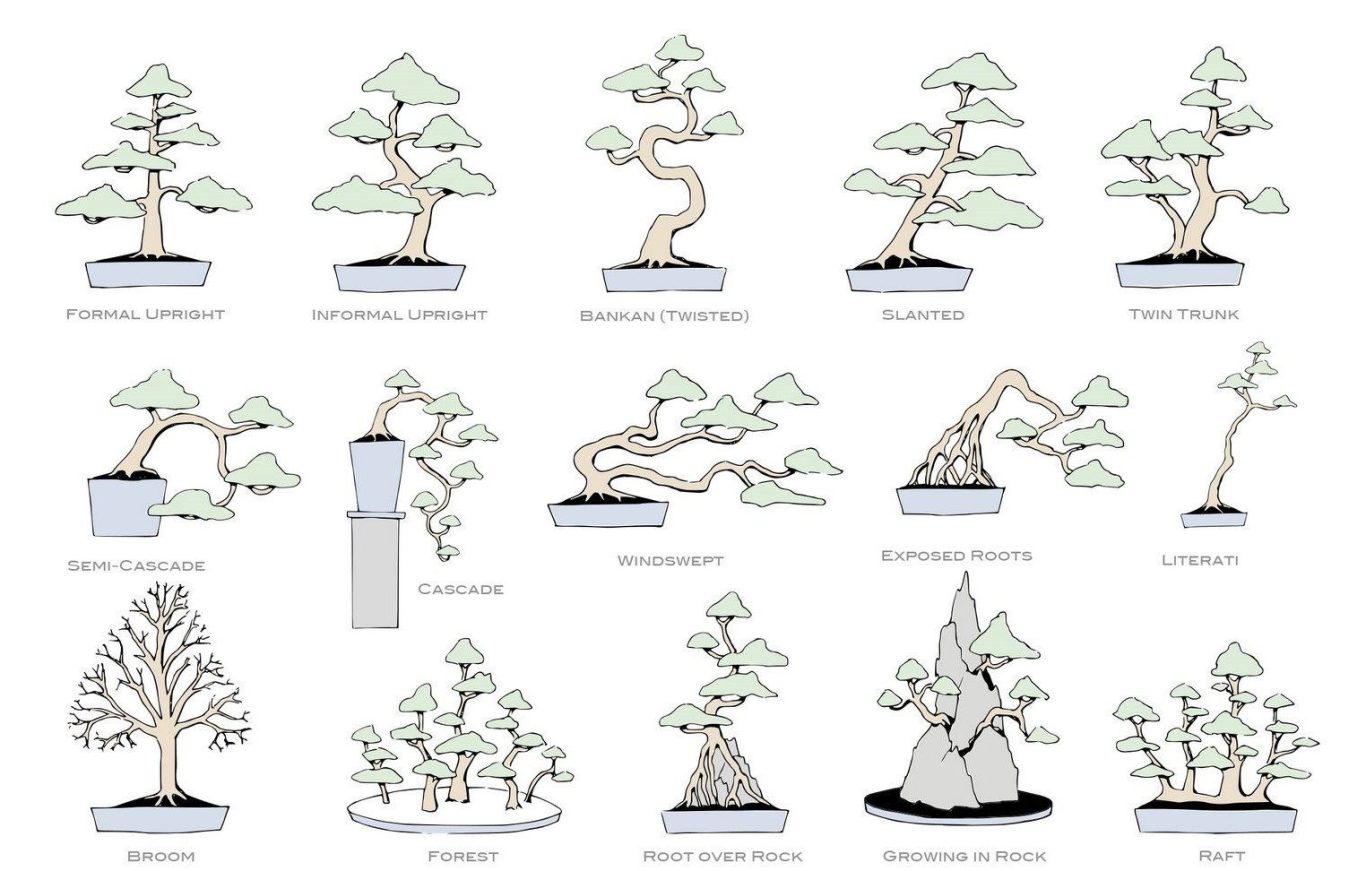Garden Restore BONSAI
More Than Just A Gardening Company
The term “bonsai” comes from the Japanese word 盆栽, which translates to “planted in a pot.” Its roots, however, can be traced back to the Chinese term “pun-sai” or “penjing,” where “pen” denotes pot, and “jing” signifies landscape.
Many people think of bonsai as small trees. When it comes to bonsai size, there's a wide array of sizes, classifications, and styles to this art form. There is no conclusive authority as to how bonsai is classified by size, but there is traditions upheld by the bonsai community. Since bonsai is truly an ancient practice, there are some old words that have no current translation. These terms are still widely used in the bonsai world out of respect and tradition.
Here is a small chart for each bonsai tree size category.
Height Size Classification
< 1 Inch (2.5 cm) Keishi Bonsai
< 3″ (7.5 cm) Shito Bonsai
< 6″ (15 cm) Mame Bonsai
< 8″ (20 cm) Shohin Bonsai
< 16″ (40.5 cm) Kifu Sho Bonsai
< 24″ (61 cm) Chu Bonsai
< 40″ (101.5 cm) Dai Bonsai

©Copyright. All rights reserved.
We need your consent to load the translations
We use a third-party service to translate the website content that may collect data about your activity. Please review the details in the privacy policy and accept the service to view the translations.